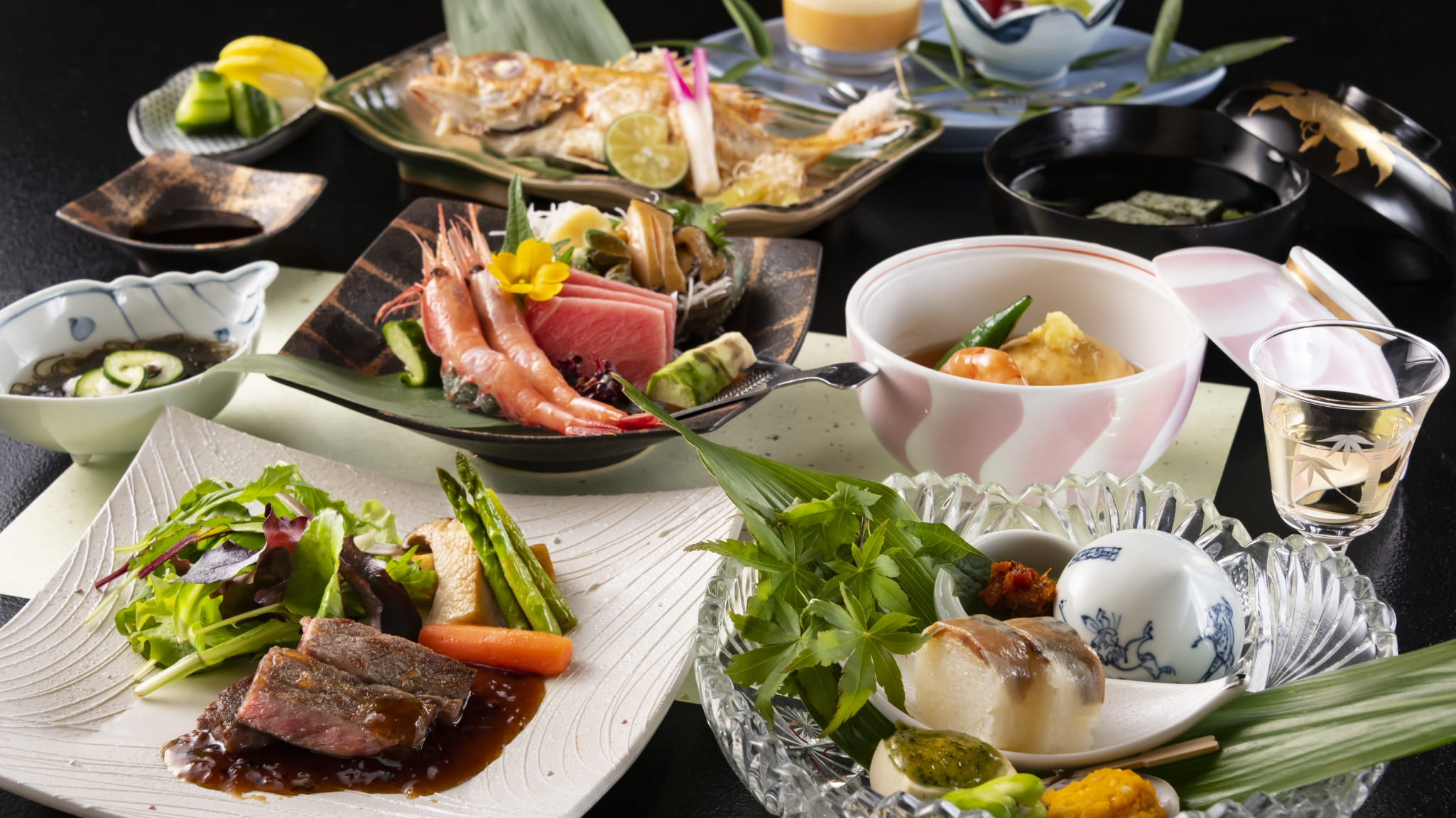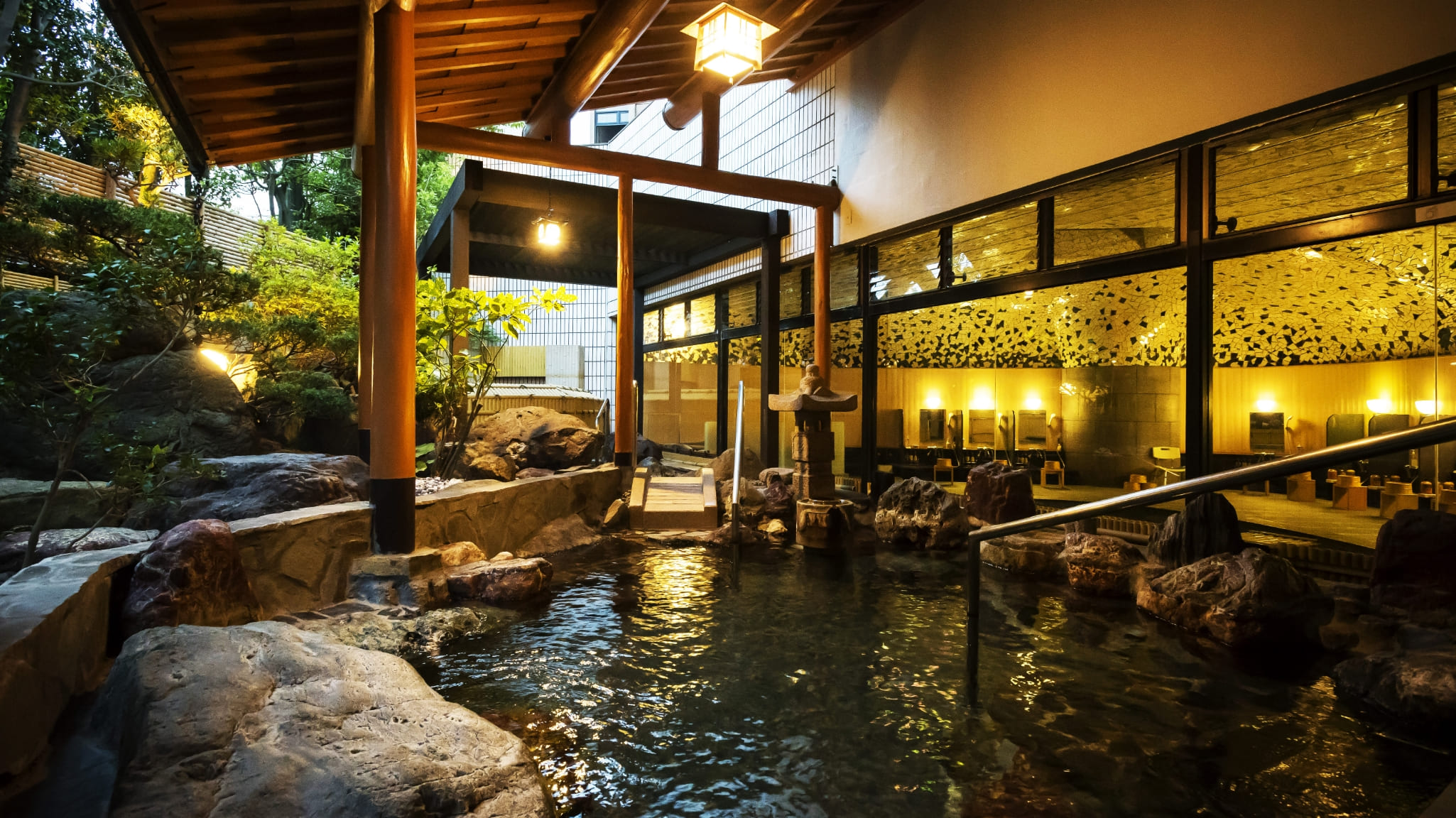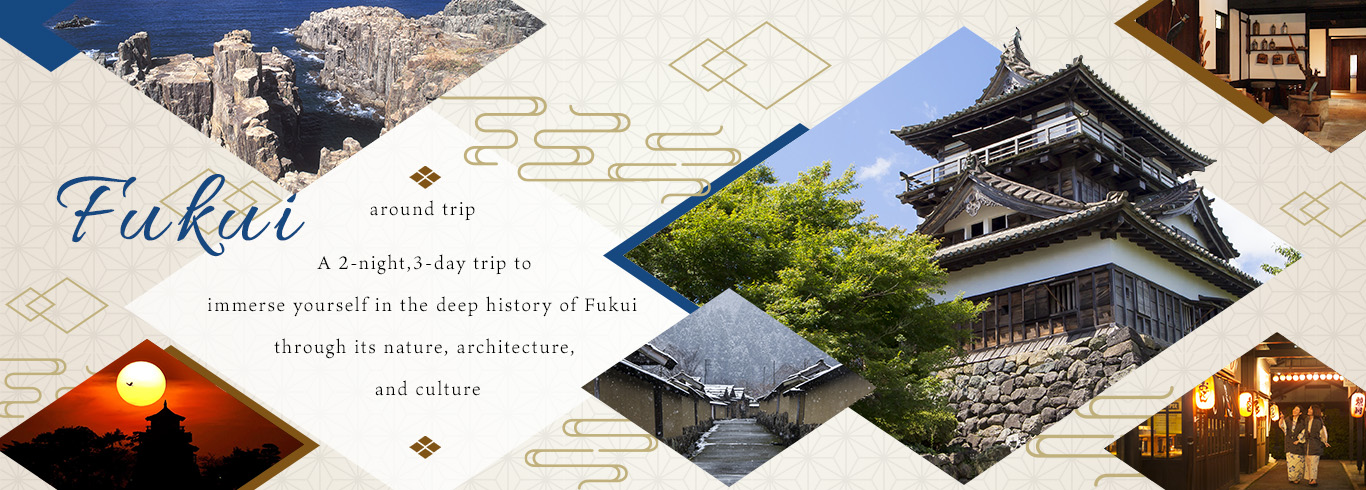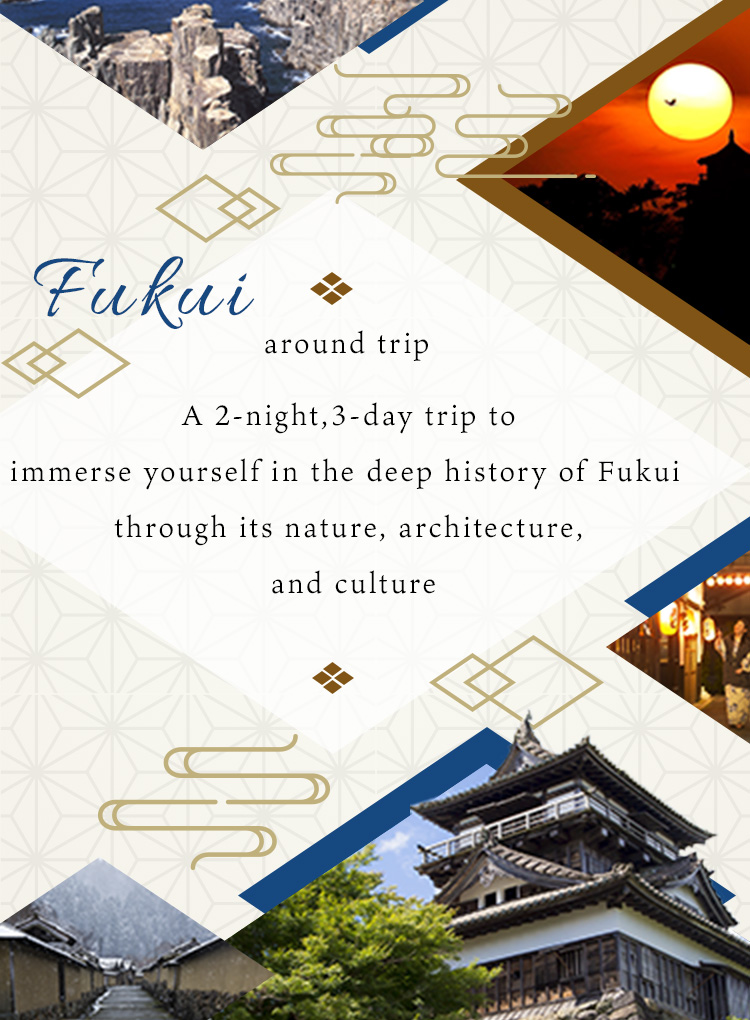Day 2 START
Ichijodani Asakura Clan Ruins /
Fukui Prefectural Ichijodani
Asakura Clan Ruins Museum
The Asakura family flourished for five generations, or 103 years, as one of the leading warlord families in Japan during the age of provincial wars (1467-1615). The Ichijodani castle town was even known as the “Little Kyoto of Hokuriku”. It is one of the few ruins in Japan designated by the Agency for Cultural Affairs as a property of three categories (Special Historic Site, Special Place of Scenic Beauty, and Important Cultural Property), designations which indicate the value of cultural properties.
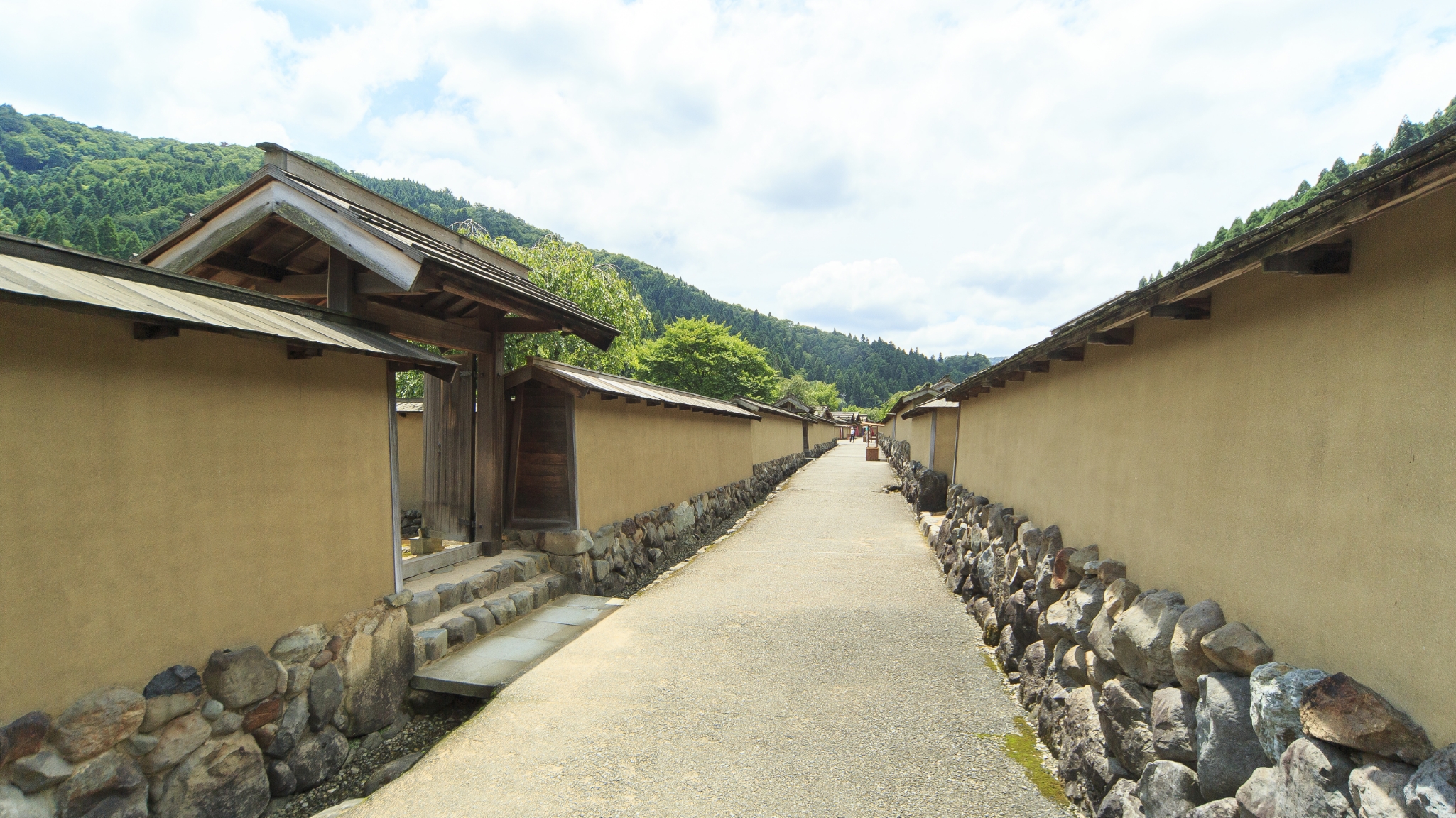


12minutes by Car
Ichijodani Restauran
A restaurant nestled in the ruins and their vast, lush greenery. You can savor dishes made with plenty of local ingredients, as well as homemade desserts.
Needless to say, the Fukui specialty Oroshi Soba (soba noodles with grated daikon radish) is available as well. Handmade soba made with the local buckwheat flour variety of Ono is served in a delicious broth with a pleasant aftertaste. Be sure to try their signature meal, “Kyozen.”



30 minutes by Car
Maruoka Castle
As the nickname “Kasumi-ga-jo (misty castle)” suggests, it’s an especially beautiful, magical castle that looks as if it is floating above cherry trees in full bloom in the spring. It was built by the order of Oda Nobunaga during the age of provincial wars (1467-1615) to prepare for the uprising of the Ikko sect. Its castle keep is one of the only twelve surviving castle keeps in Japan built in the Edo period (1603-1868) or earlier, of which there is only one in the whole Hokuriku region.



20 minutes by Car
Traditional Entertainment
Experiences
with Geisha Entertainers
After watching singing and dancing performances by the geisha of Awara, you can casually experience taiko drumming and play Ozashiki Asobi (traditional party games), such as Tora-Tora and Konpira-Funefune.



1minute on foot
A Stroll Around Yukemuri Yokocho
A street with a retro atmosphere reminiscent of the Showa era (1926–1989), filled with traditional food stall-style tiny eateries offering oden (Japanese stew), kushiage (deep-fried skewered meat and vegetables), and more. They're also recommended for late-night meals.



2 minutes by Car
Traditional Japanese Inn Nukumori Haiya
A prominent, long-established Japanese inn of Awara that boasts 140 years of history. The entrance is the same as the original entrance they had at the time of establishment, recreated by carpenters specialized in the construction and maintenance of temples and shrines. Their large public bath offers Ganban'yoku bedrock bathing free of charge. Chefs are devoted to crafting dishes with the fruits of Awara, Fukui.
Enjoy your stay and the warm hospitality, along with the weight of history. In winter, you can savor much-awaited delicacies, such as Echizen Crab, Wakasa blowfish, and Amaebi pink(sweet) shrimp, when their flavors are the richest.

